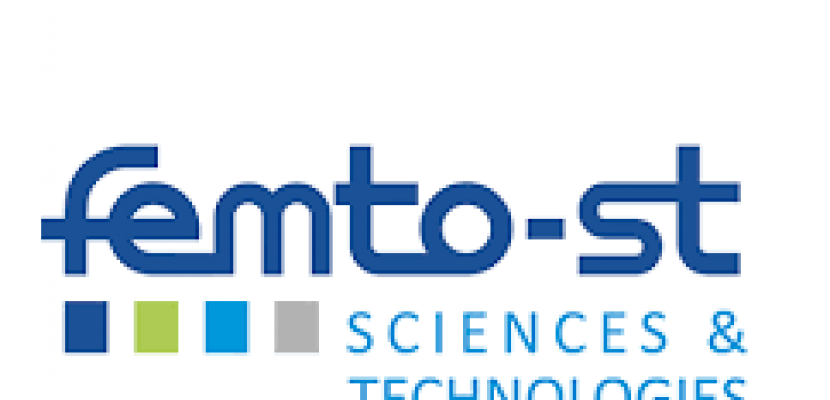
Developing academic excellence with strong links to its societal & economic impact

About this good practice
Besides the classical academic research activities, the strong particularity developed by FEMTO-ST consists in its dedication to the innovation and transfer of the new knowledge created at the academic level. First, the institute together with the support of the Region and local incubators, has developed an efficient capability to create spin-off companies, Second, this local public research institute has succeeded to keep strong links with its spin-off, promoting joint PhD thesis supporting the internal innovation of the companies, and also building a micro-cluster of spin-off. This micro-cluster has practically served as a fertile ground for several innovative proposals (up to 6 in 2019) intended to jointly address the local RIS3 policy. This has resulted up to nowadays to five S3 projects funded by the ERDF, in many different fields of academic and industrial excellence recognized in the Region, and having been naturally set in the list of priority activities.
Next to the micro-cluster role, FEMTO-ST has also triggered, together with the support of the Region, the creation in 2013 of a private non-profit Foundation, FC’INNOV / FEMTO-Engineering, dedicated to maturation and innovation actions based on the most promising and relevant research achievements of the institute.
Expert opinion
FEMTO-ST is a centre of competence that has developed an expertise in transferring scientific knowledge to the industry. The centre of competence has promoted the creation of spin-offs while aligning the spin-off activities with the regional smart specialisation strategy (S3). In 2013, FEMTO Engineering was created to capitalise on the experience of FEMTO-ST in involving the industry in research projects. FEMTO Engineering offers specific and high-level engineering services based on the research conducted at FEMTO-ST to SMEs and large companies on 5 broad technological fields.
Suggestions for potential Good Practice transfer:
-The experience of FEMTO Engineering is indicative of a possible path to provide services from centres of competence to the industry. Indeed, one of the main objectives of centres of competence is to foster science-industry linkages and promote knowledge transfer. As suggested in the good practice, the creation of an intermediary organisation dedicated to technology readiness levels closer to commercialisation that is staffed with engineers and scientists can facilitate science-industry collaboration.
-FEMTO Engineering requires public support of around €300,000 per year and achieved to reach a sustainable financial model rather quickly. Centres of competence could learn from the experience of FEMTO Engineering in developing their financial models.
Resources needed
The FEMTO-Engineering Foundation has about 10 employees. It requires a typical public support of 300k€/yr with which renewed innovation topics coming from the academic lab FEMTO-ST can be continuously explored.
Evidence of success
- an efficient capability to create spin-off companies, with a growing average creation rate of 1 per year over the last 10 years, and 2 per year over the last 3 years.
- five S3 collaborative projects funded by the ERDF in the list of priority activities.
- maturation and innovation actions based on the most promising and relevant research achievements of the institute.
Potential for learning or transfer
According to S3 concepts related to the identification of the DS with which a virtuous circle can be set-up between the co-existing actors of the 3helix. Each of these essential three stakeholders needs first to be convinced about their necessarily joint and common involvement in a project dealing with a so-called transformative activity. Trust between the stakeholders is essential, and IP issues should be controlled by the industrial partner only, the one who will be effectively in charge of the economic success. Contribution to innovation from the academic partner has to be considered as an acknowledged kind of service, or duty, and not as an investment from which universities have to receive direct financial feedback through IP licensing. Indirect feedback is generally much more interesting for the academic partner, e.g. through further collaborative projects obtained with the enterprises that are later usually willing to develop specifically with its preferred academic partner.
Further information
Website
Good practice owner
You can contact the good practice owner below for more detailed information.
FEMTO-ST Institute

